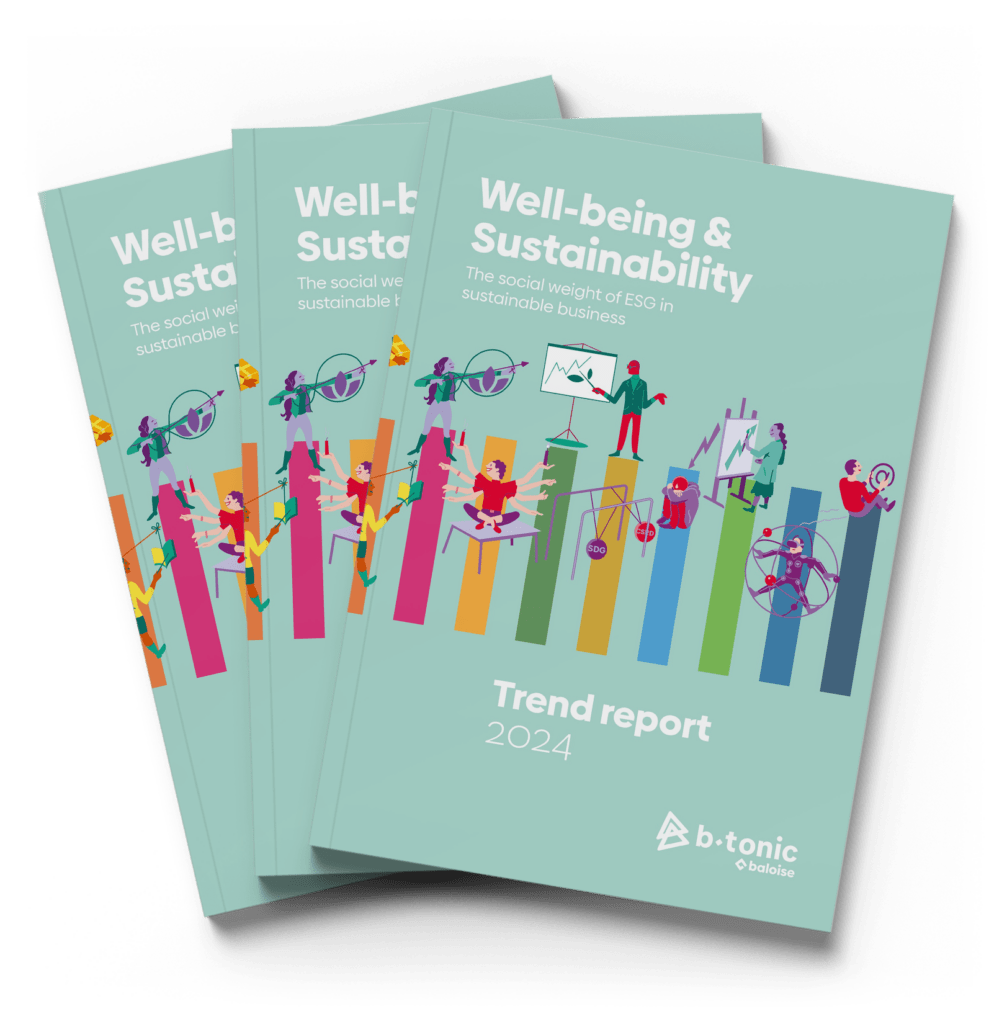Doing the bare minimum at work: it’s a trend. To employers it is a sign that they should examine their policies critically, prof. Ans De Vos of Antwerp Management School thinks.. Below you will find her open letter to employers, which has been published as an opinion piece in De Standaard.

If there’s one thing that catches my eye when it comes to the attention given to ‘quiet quitting’, it is that nobody is unaffected. This much attention for a term that went viral through TikTok is remarkable, but – as confirmed by all explanations and testimonials – the term itself remains vague. Especially not whether it is something you do as employee due to dissatisfaction, ‘I am not valued anyway, especially for everything I do aside from my job description’ or from a positive angle: focus on the essentials of what matters within your job.
Interesting, I think by myself, that it generates little response from employers. Quiet quitting? Does it keep employers awake? ‘If we could find enough people in the first place… and combat the actual turnover… attention for quiet quitting, we cannot take that on right now…’ because of, well, you know, the labour market ‘that is on fire’, with a ‘war for talent’ as a consequence.
‘Quiet quitting is in essence about the ‘contract in our mind’, where employees distance themselves psychologically from their work; they balance their own commitment with what they get in return.
Dear employer, I think there are many very good reasons to examine not necessarily the term but the phenomenon it refers to. How is the engagement within your organisation? How do people relate to their work, on the spectrum from ‘complete indifference’ to ‘healthy engagement’ to ‘overcommitment’? Or: from bore-out to burnout? Do you have any idea? And what does this mean, for the people and for your organisation? And where does that come from, if you do not really know? No time for dialogue? The elephant in the room?
It would interest me greatly to know how many workplaces actually discuss the debate in the media in the break room – or at the weekly Teams team meeting. Or do employees, managers and HR managers skillfully avoid the elephant at work too?

‘Quiet quitting is in essence about the ‘contract in our mind’, where employees distance themselves psychologically from their work; they balance their own commitment with what they get in return. And they have good reasons for that. If the contract of employment discusses pay in proportion to work, then it makes sense that the work needs to be balanced with the pay. But the psychological contract is much broader, it entails anything that makes working meaningful, not simply the euros in exchange for working hours. It is about appreciation, being seen, chances to learn, social connection… Just like working is more than doing your hours, as it is also about helping your colleagues, solution-oriented thinking, flexibility, … How is the balance in your organisation? How much more do you expect from your employees than simply doing their hours? And what is there in return, other than wages? Or did you as employer, maybe without wanting to – difficult job market and all that – evolve to ‘focus on the core business’, which is basically ensuring that the wages are paid. And are you in that sense a ‘quiet dismisser’?
Dear employer and employee – you are in an employment relationship together: maybe it is time to discuss what that actually involves? So work, as an important part of our life, and not as instrument or goal, becomes something you can discuss at work itself again.
This open letter was the basis for an opinion piece published in De Standaard.





